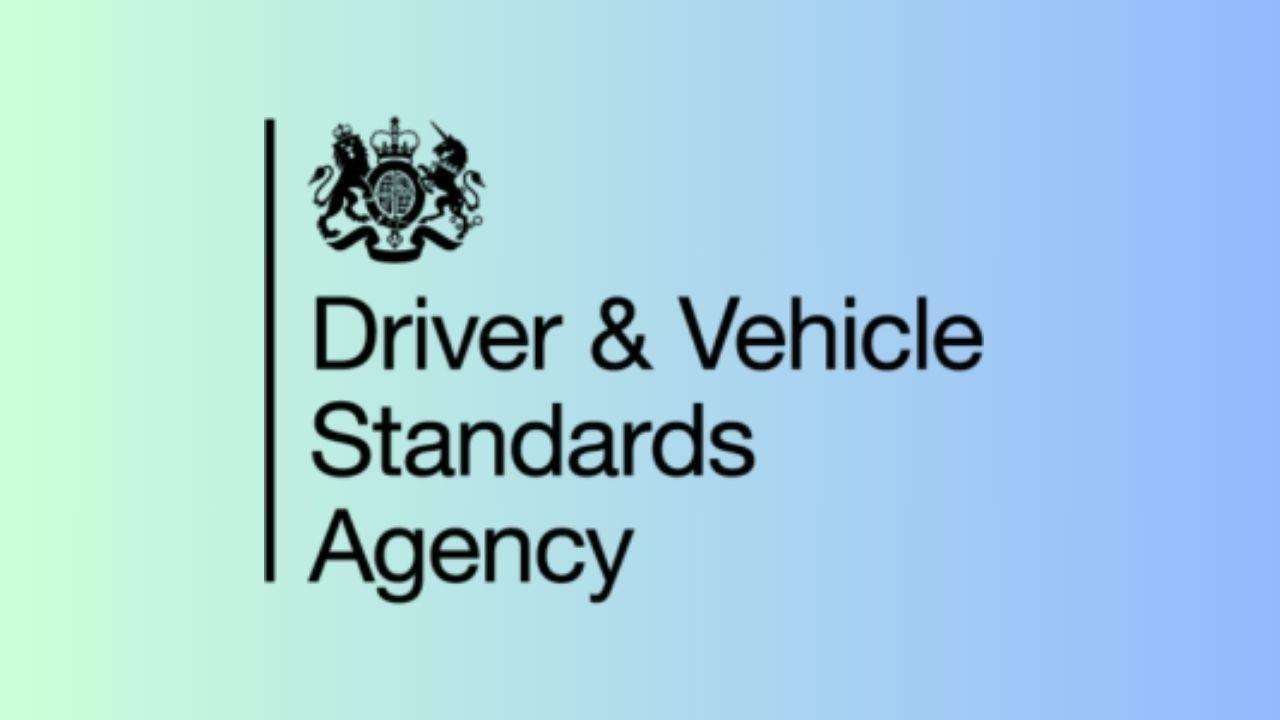The DVSA has introduced a series of new rules to crack down on the widespread issue of bulk booking driving tests, warning motorists and instructors of stricter enforcement. Announced on April 8, the updated measures include a requirement for learners to give at least 10 days’ notice when cancelling a driving test. These changes are designed to address the growing pressure on the driving test system and reduce waiting times.
Steve Gooding, director of the RAC Foundation, noted that high demand for tests is being made worse by nervous candidates booking slots well in advance—often before they’re fully prepared—in the hope they’ll be ready by test day. However, high failure rates suggest that many are not, which in turn contributes to system congestion.
A DVSA spokesperson explained that practical test waiting times remain high, mainly due to increased demand and shifting booking behaviors among customers. They reaffirmed that the agency is actively working on a seven-point action plan aimed at reducing delays, and they continue to urge learners to only book a test when they are genuinely test-ready.
In addition, the DVSA’s updated terms and conditions now clearly prohibit instructors and businesses from booking driving tests for learners they are not actually teaching. The new rules also stop instructors from using one learner’s personal details to secure a test slot that’s intended for another student—an approach often used to create a placeholder that can be swapped later. This tactic has contributed to unfair access to appointments and inflated wait times.
Lilian Greenwood, Minister for the Future of Roads, highlighted the broader importance of driving, calling it a vital pathway to jobs, opportunities, and economic contribution. She said the new measures are a critical part of efforts to clear the testing backlog and ensure that learners who are prepared can access slots without unnecessary delays.
Emma Bush, managing director of AA Driving School, welcomed the DVSA’s commitment to cutting waiting times. She expressed strong support for the plan to bring the average waiting period down to seven weeks by December 2025. Bush emphasized that reducing wait times is especially important for young people, many of whom are currently classified as economically inactive. According to her, lack of access to a driving licence should not be a barrier to education or employment.
She added that the most effective solution is to increase the number of available test slots—something that can only be achieved by hiring and deploying more driving test examiners.








.svg)


